Dating apps have incorporated AI in the hopes of making online dating smoother, but we wanted to uncover the impact of this technology for facilitating long-lasting romantic relationships.
In just the last couple of years, we have rapidly integrated AI into our everyday lives. Using face recognition to unlock our phones or letting Spotify’s algorithm curate our perfect workout playlist has become the norm. The democratization of AI has changed the way we use technology and interact with it.
AI is also changing the world of online dating – as a tool to find your best matches, discover who you are most compatible with, and offer dating advice and moral support. But when it comes to love and dating, what’s the real need for this technology, and how effective is it in solving our love lives?
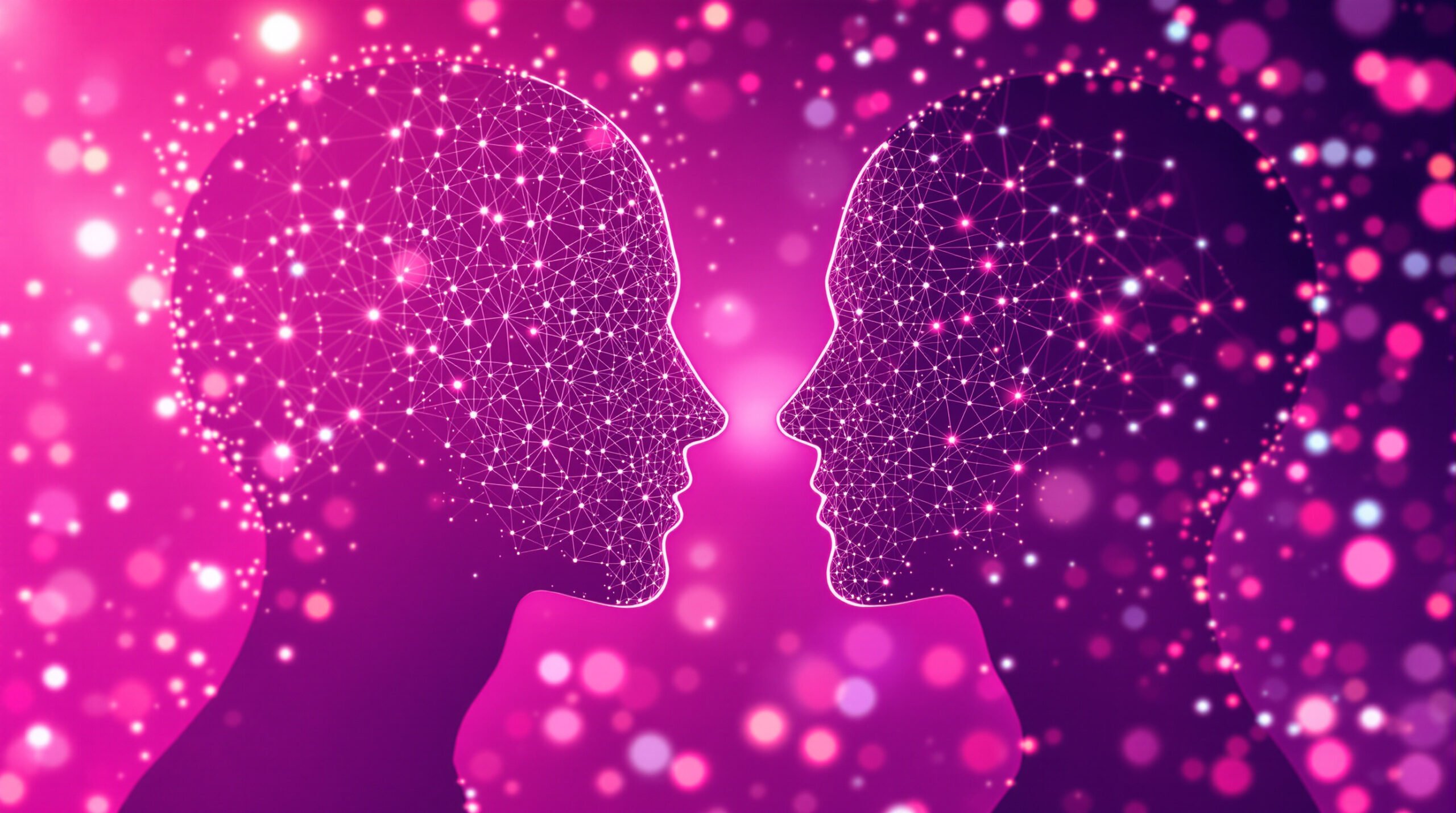
AI for safer, kinder dating
Bumble, the dating app designed for women to make the first move, uses AI to test compatibility and filter matches depending on your profile preferences. Its founder, Whitney Wolfe Herd, foresees that AI can change online dating for the better, as she believes technology can ‘help create more healthy and equitable relationships’.
Herd has shared how the app could develop so users could talk to their AI dating concierges, discuss their insecurities and learn how to be better communicators. She has made clear that AI will aid with staying closer to the app’s ethos: “A safer, kinder digital platform, for more healthy and more equitable relationships.”
This app has a track record when it comes to combating misogyny, harassment, and toxicity online. It has a set of safety features within the app, like Private Detector, an AI tool that helps shield the community from unwanted lewd (unsolicited dick pics) images. Moreover, the app developers have worked with legislators to create a penalty for the sending of these images or videos.
AI for easier matches
One of Tinder’s latest features is an AI Wingman, which is designed to get support throughout the dating experience, explained as ‘effective coaching for struggling users’. This tool may be helpful in the short term, but concerns arise when we consider the social impact, such as deskilling users, and dependence on the tool.
Similarly, a recently launched app, Sitch, features an AI matchmaker. Users can write their preferences and life plans as if talking to a confidant; the app filters through the information and finds the ideal match for you. If the user agrees on the suggested match, the introduction is made through an AI-powered group chat, until both parties say yes, and that’s when they get to go on a date.
This app is being offered as a solution to fix the tumultuous dating scene in New York City. As it is commonly known that dating in big cities, especially ones like the Big Apple is seen as long, psychologically exhausting, as well as emotionally and financially expensive. This need for something new has led to the start-up receiving $5 million in seed funding to be fully established by 2030.
As for now, users do need to pay to go on dates. Evidently, this is a marketing initiative, as the app’s selling point is the ability to save up time and money by going on dates with people you actually want to date and will have a potential future. However, this might reinforce financial barriers, meaning that people with more economic privilege will have better access to dating and finer opportunities for intimacy.

AI dating comes with real human costs
While bringing in AI aims to strengthen our relationships and self-esteem, Tigris Li, a technology and creative coder whom we initially spoke to back in 2022, reminds us that technology will not be able to replace humans.
Li tells us that she doesn’t agree with using AI in dating apps to modify your digital self. ‘I think that shouldn’t happen because it’s not you, you are using a computer and it’s averaging data across the globe, and this can homogenize our identity’.
She goes on to explain that it is the uniqueness that makes people attractive to one another, and that dating the digital self can be highly dangerous, as this can lead to deceptive dating.
Licensed Professional Counsellor, Jeff Guenther, comments on how ChatGPT can feed your ego to help feed narcissistic personality traits and make relationships harder.
He argues that chatbots are designed to constantly validate you and make you feel like the other end is the issue, but this can be detrimental to the emotional growth of someone who is getting back into dating, as it doesn’t invite you to reassess your perspective or get curious about how you make other people feel.
Moreover, within this vision, getting support from your community, family or friends is not contemplated. When dating someone new, the extended excitement of sharing it with our loved ones can enhance the social experience and shared growth. However, if users solely rely on AI, there’s a danger of perpetuating social isolation, as well as creating a dependence on the app and deskilling people socially.
AI fuelling fascism
When it comes to using AI for profile content, the issue of equality arises again. Hinge and Tinder allow AI to edit pictures for their users’ profiles, but using AI for editing a picture can perpetuate a hegemonic look, reinforcing racial bias, unattainable beauty standards, and making online dating an anxiety-inducing situation.
Dr. Luke Brunning, co-organizer of The Ethical Dating Online Research Network, tells us that “being open about your vulnerability is a very appealing trait to lots of people, they feel a lot safer and more secure in your presence, and these platforms are not necessarily encouraging vulnerability.”
This technology does not encourage vulnerability, nor does it acknowledge the need for it in a romantic relationship, making online dating more superficial than it actually needs to be to forge deep and lasting connections.

Misuse of AI for dating
Brunning also tells us that ‘the use of this technology should be a part of a bigger conversation on how we educate people on love, relationships and social responsibility’.
Companies should share their core values, be transparent on how they use technology and show care in educating people. As the misuse of technology can induce trust issues if you value authenticity as well as gender equality.
In an ideal world, users should be aware whether or not this technology is being used and how.
Many daters are aware that AI is being used in online dating, but they can’t be certain whether the person they’re talking to is relying on this technology. Some approach dating apps more like a game, staying on them for the dopamine hit and the sense of freedom that comes from being behind a screen without having to make real compromises.
The problem begins with the app’s mechanics. For instance, Tinder uses swiping for choosing a potential candidate before even starting to speak. Tinder has 57 million users in 190 countries. That’s up to 1.5 billion swipes per day. Let’s not forget that many behind most of these profiles are people hoping to find love, or at least some sort of intimate connection.
Gamifying the experience is a trend among users as apparent interfaces and catchy images encourage this behaviour. Most apps are designed to create a dependence on them, to the point where they can turn into addiction – to the point where Tinder was sued for exactly this.

AI creating emotional and financial loss
All of this to say that gamifying distracts from the original goal, which is to meet people, and instead feeds compulsive behaviours, data stealing, catfishing, and ultimately emotional damage.
There is also an increased risk of financial damage. Scammers use AI chatbots to simulate human interactions. They build trust with visual authenticity and create personalized responses using emotional manipulation through audio, imitating behaviours and tailoring conversations based on the victim’s preferences.
Usually, scammers manage different victims at once; these scams are designed to abuse the emotional and financial vulnerability of their targets. In one of the most notable cases of AI scams, a finance worker at a multinational firm in Hong Kong was tricked into paying $25 million.
The scammers used deepfake technology to pose as the company’s chief financial officer in a video conference call. The video was made with the help of AI, recreating several other members of staff.
Ironically, according to research made by the hilly app, users say that the number one way daters would like to use AI is to identify scammers (32% Gen Z and 33% men), and to create a bio on the information they have provided (36% millennials and 35% women).
Users seem keen on letting AI help them build a better image when introducing themselves, this is also linked to the growing dependence people have with technology to solve any small task, avoid decision making or seek instant comfort.
Nevertheless, when daters find out their date has used AI to polish their bios and have a good conversation starter it feels fake and off-putting.
The same study by hilly shows that ‘over half of young American daters would be less attracted to a match they suspect used AI for their profile’. It’s especially true among men and Millennials.
This overwhelming market of options and tools has caused the opposite effect for most, who claim to be burned out from using dating apps.
AI is moving dating from online to offline
Recent studies from Ofcom show that Gen Z are growing out of dating apps because of mistrust, safety issues, and general burnout of swiping constantly without getting real results. In an era where most social interactions are digital-based, people are romanticizing meeting people organically in person.
New apps already offer this offline concept. Breeze, the closest thing to a modern blind date set up, is thought out to skip the initial chatter online and meet directly in person.
It is also AI-powered, as the app finds your perfect match and organizes the ideal date for both. This is a great initiative for people who want to stay away from their phones and yet use technology to connect with new people.
Nevertheless, there’s again the money element, as users need to pay to go on dates, which isolates people from a lower socio-economic background.
This concept also raises questions of trust. Meeting a stranger without even a brief prior interaction means relying entirely on AI, which creates significant risks for daters, particularly women, who already face higher exposure to sexual assault and other forms of abuse in online dating.

AI for forming a bridge for connection
Li also shared that ‘dating apps should be a bridge to help us build relationships, not a destination’. In an earlier discussion on romance and technology back in 2022, she noted that technology should help us navigate humanness, not get further away from it.
The damaging pursuit of “perfection” is unsustainable, particularly with AI becoming a widespread trend across dating apps. But before normalizing the usage of AI, we should question how much we really need it and what the optimal use for it is.
When online dating started, with Match.com in 1995, people used to meet through their social or work circles.
A study from Stanford Researcher Michael Rosenfeld shows that in 1995:
- friends matched up 33 percent of couples,
- family members got 15 percent of people together,
- 19 percent of couples were introduced by their co-workers,
- and 19% of people met in a bar or restaurant.
22 years later, the numbers changed to 39 percent of couples meeting online and 20 percent of people meeting through mutual friends, down from 33 percent in 1995.
Technology might help social evolution, letting it be a point of connection for our relationships. But compared to when dating apps started, AI has been implemented in online dating to help us save time for our busy modern lives and decide for us.
This can be an attractive way to look at it, but like any new technological trend, users should understand that technology has been invented to serve us, not to dictate our decisions.
The real quest with AI would be to discover how this can be meaningful to users in order to fulfil their love life expectations. This technology, when used without transparency, could easily backfire and make people want to stay away from the apps, making daters eager to go back to old-school dating.

Dropping artificial intelligence for more human intelligence
At the end of the day, humans have to develop their natural social skills that are essential to our connection as a species, and this should not be overlooked but rather put into practice.
Pair-bonding is a true instinctual act that AI won’t be able to replace. Just saying – ‘Hi!’, followed by a clumsy comment and asking for someone’s phone number, should be enough to start with what could be a prosperous romantic relationship.
In a world ruled mainly by technology, the classic in-person brave approach can help daters show up as vulnerable beings, develop their social skills, and trust their instinct.
As technology won’t be able to solve deeper issues if the relationship evolves, it might be best to present oneself as a flawed individual as opposed to setting oneself up for deception. AI might help find a match, but it’s unclear how effective it is for developing our longer-term relationships.

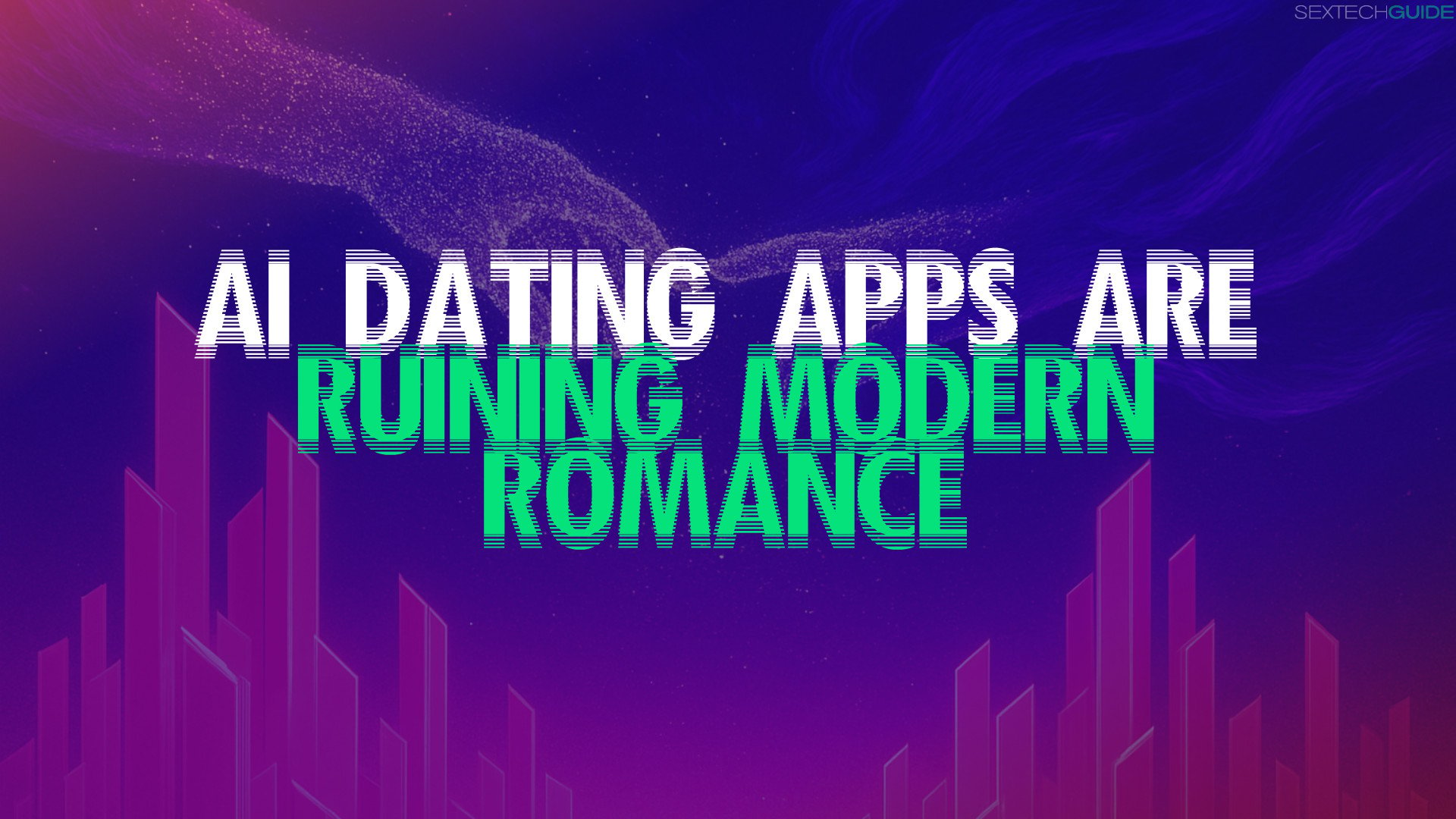

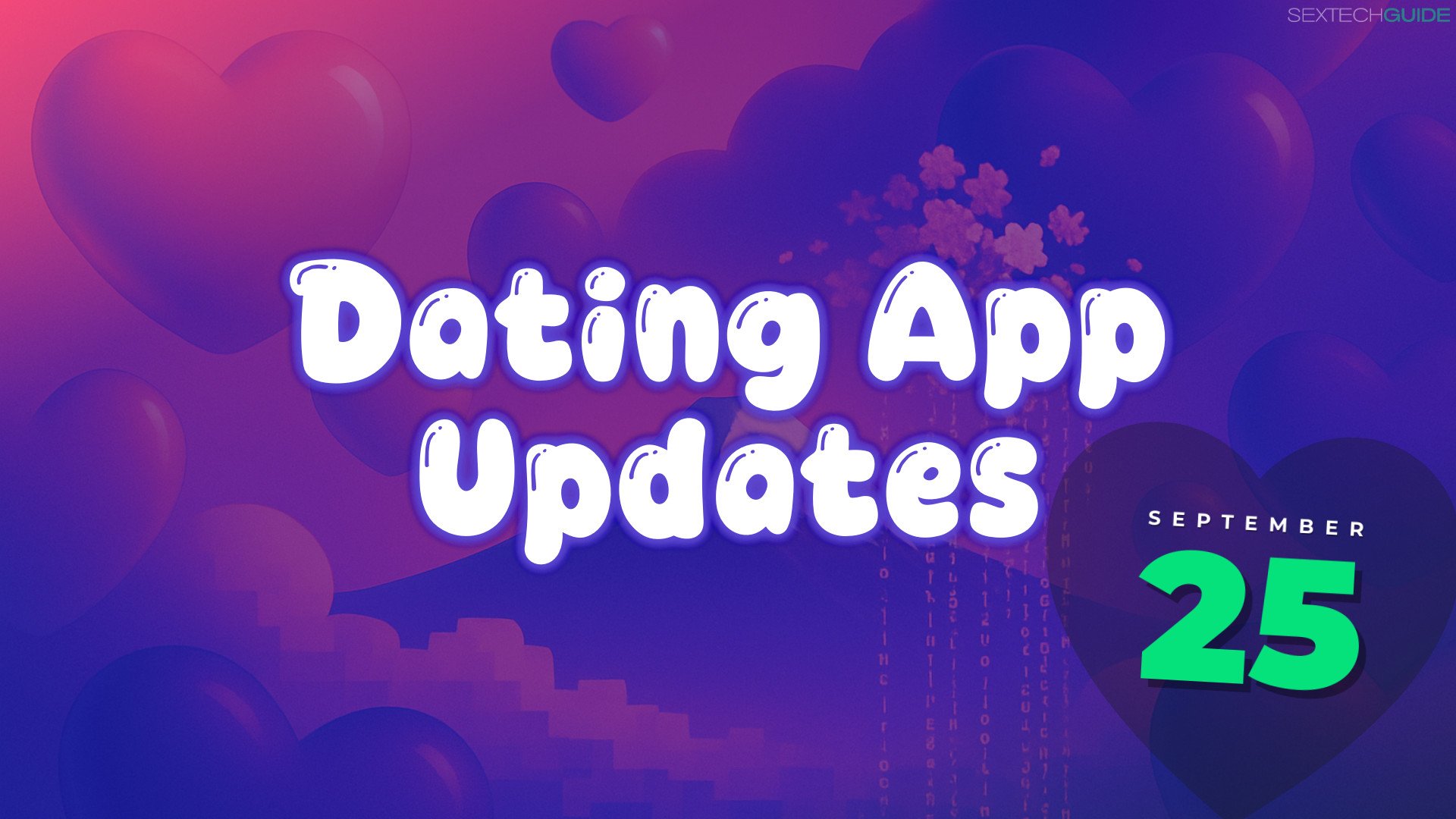


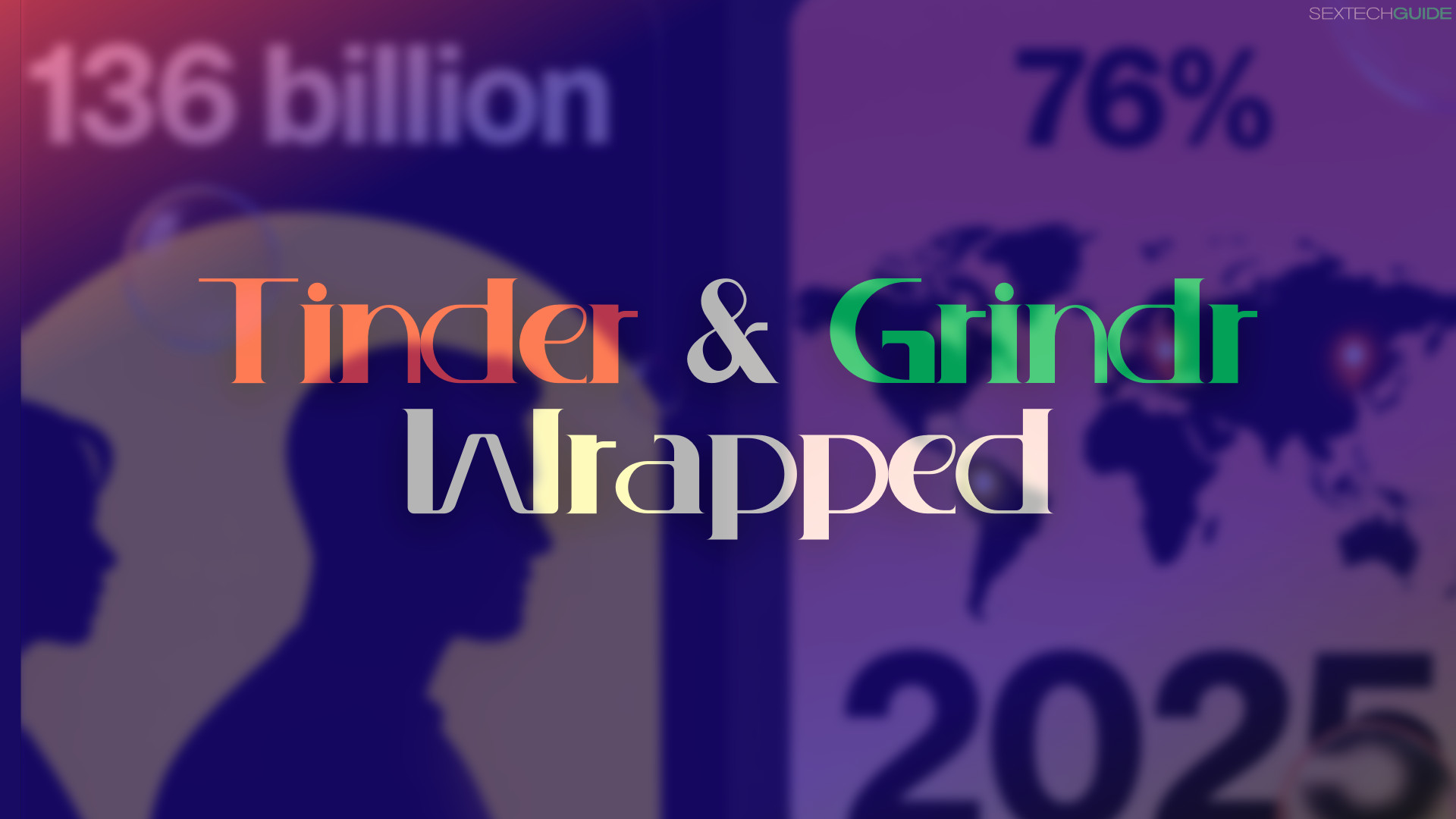

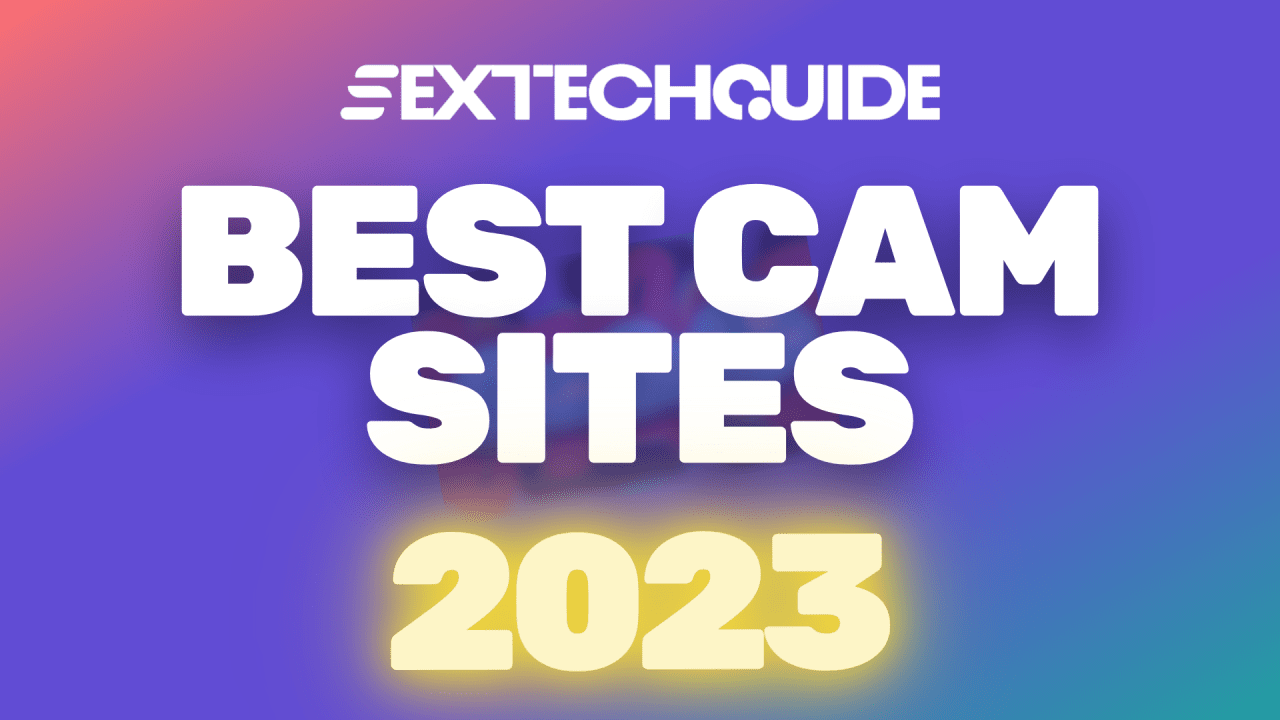

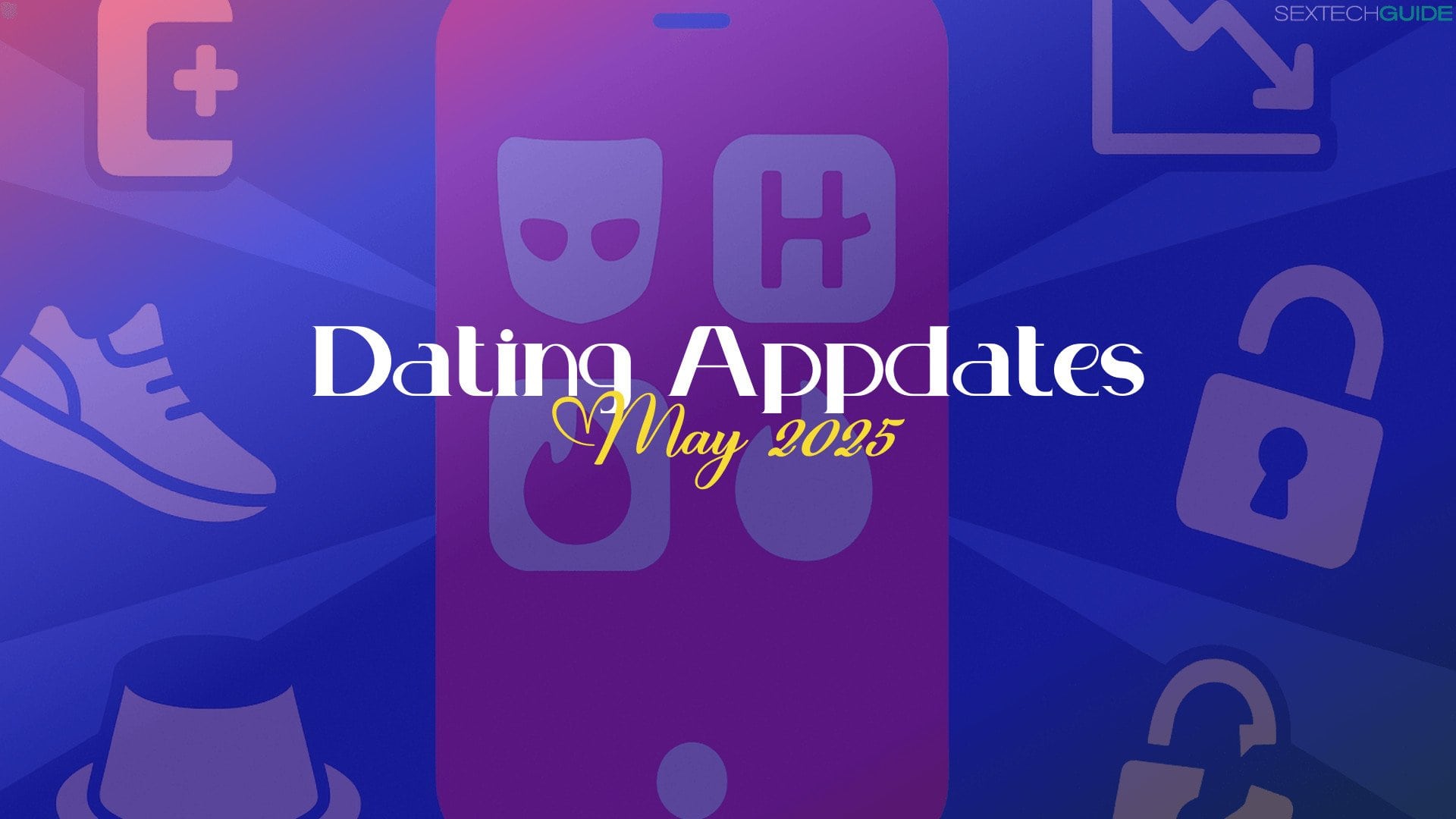



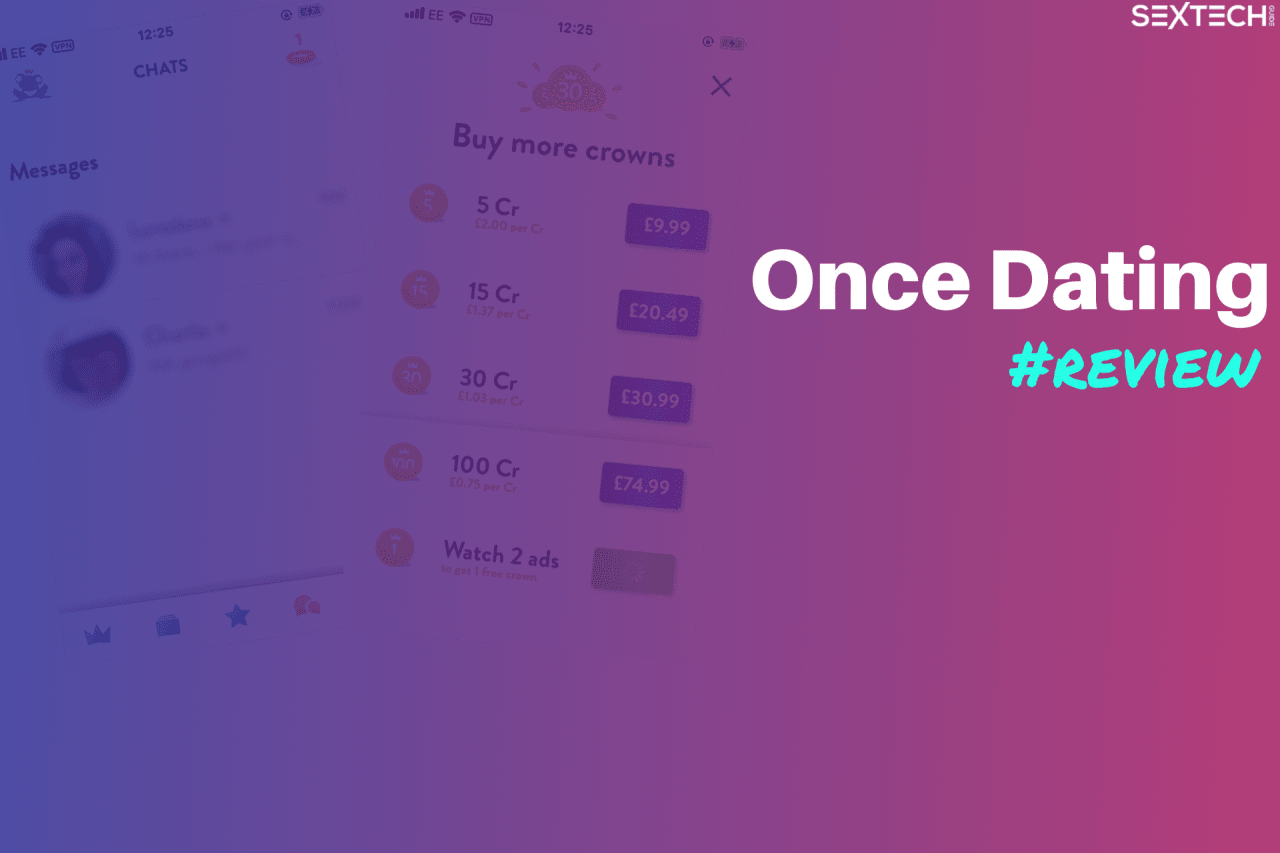
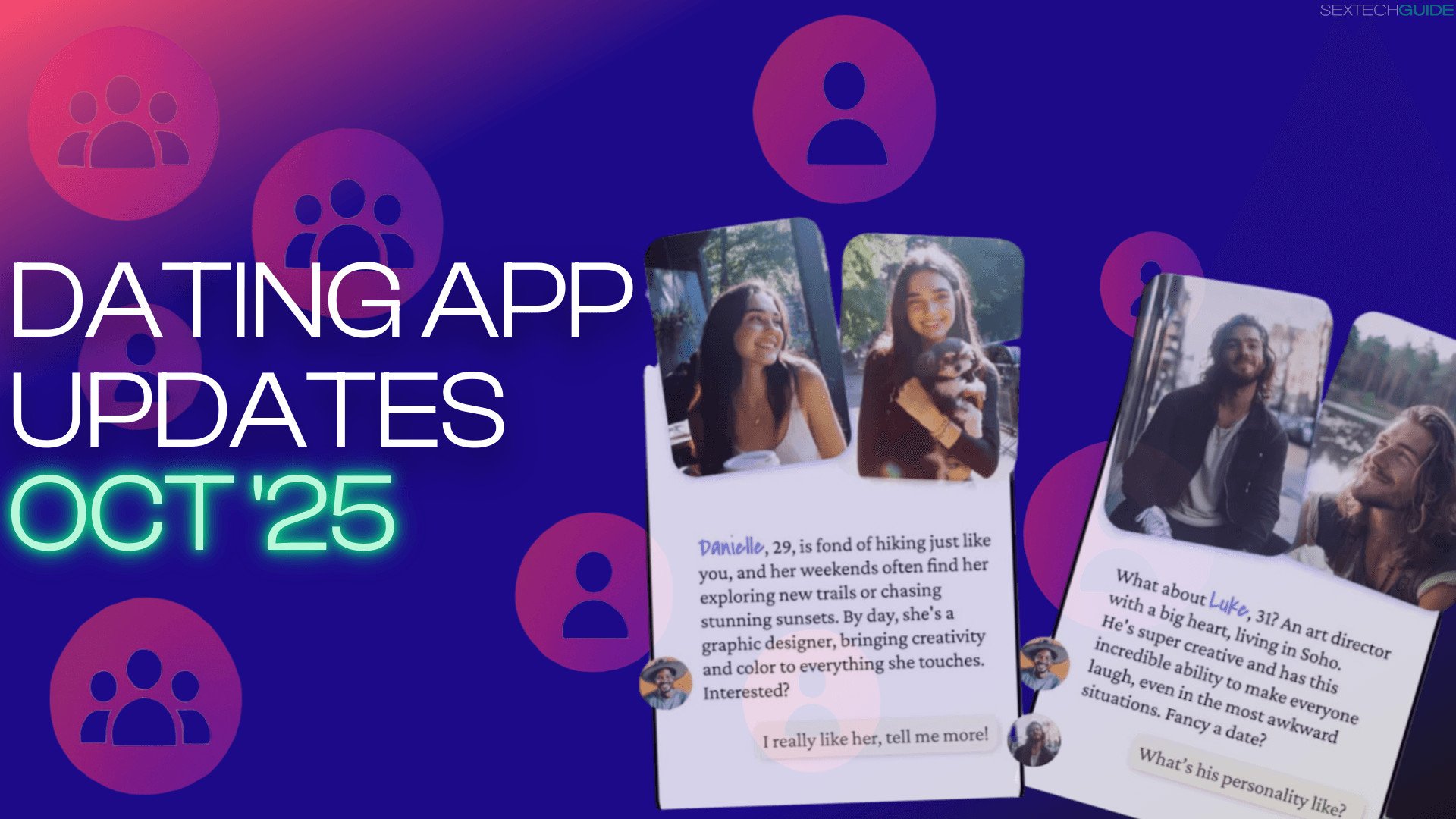






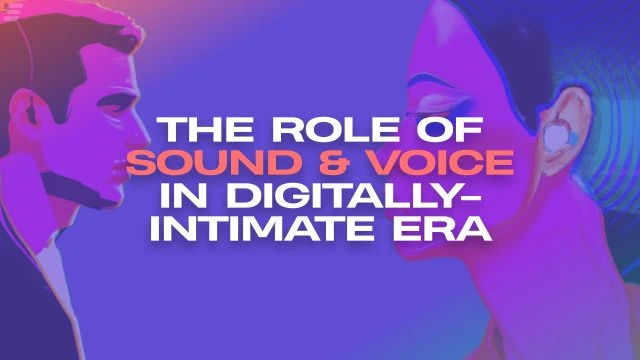
Leave a Reply